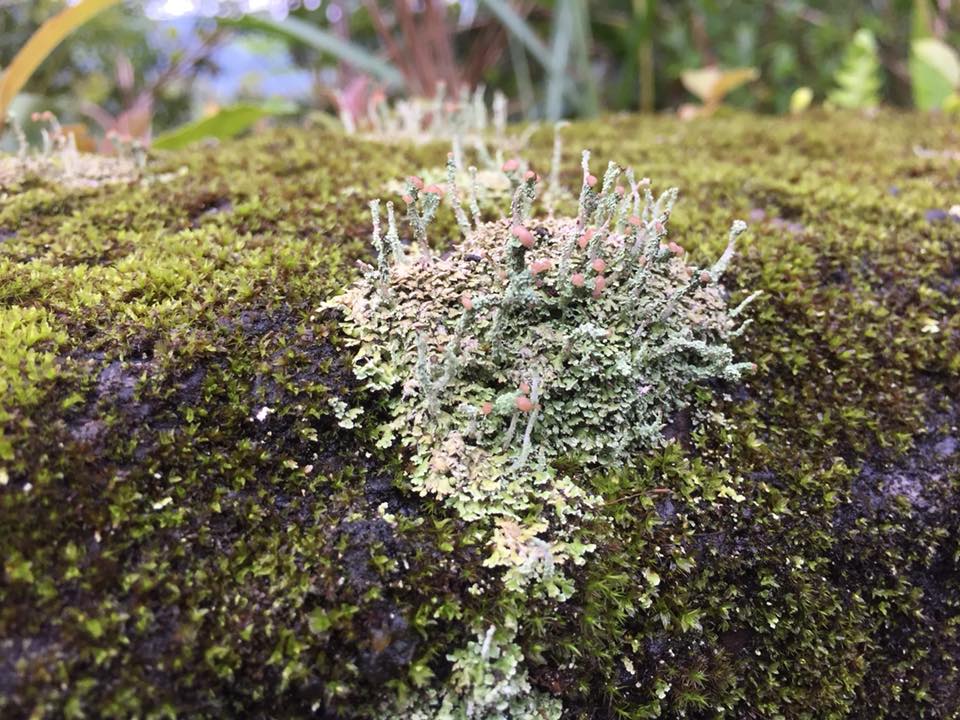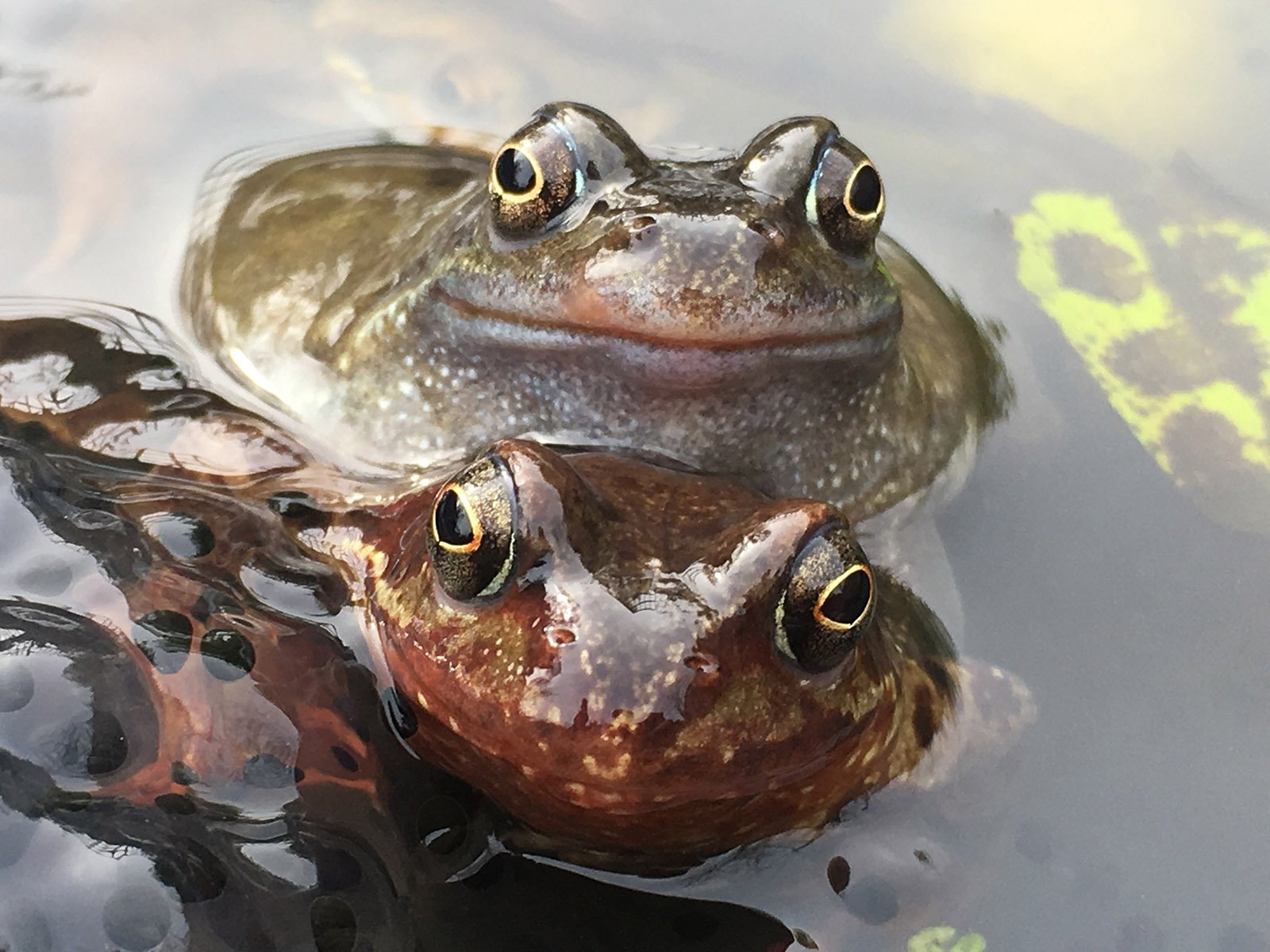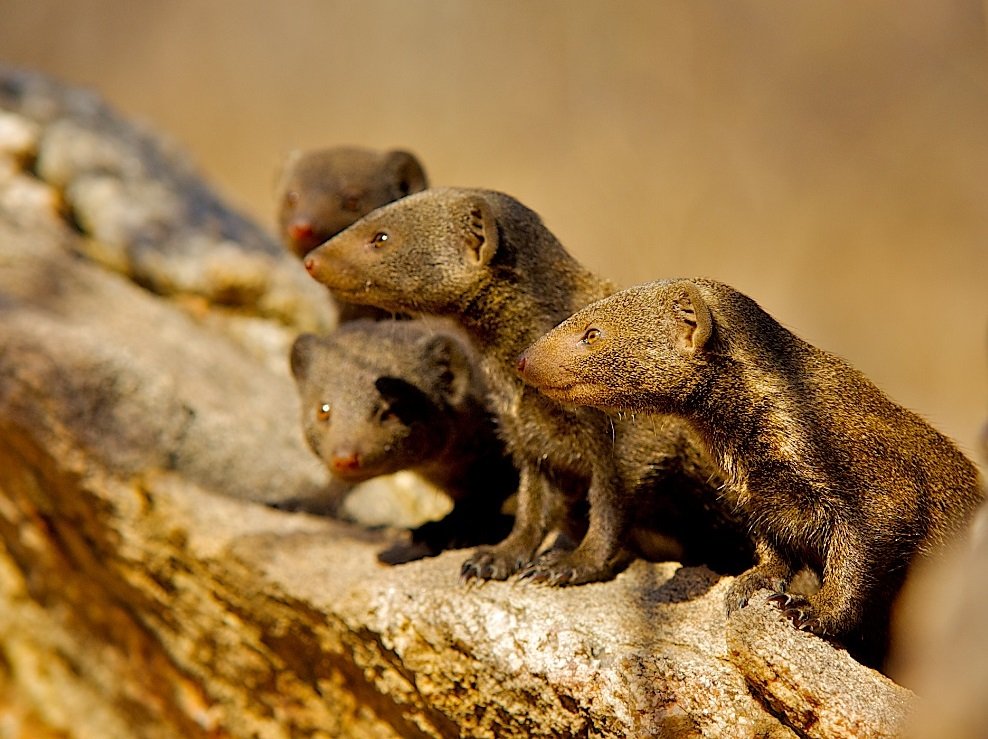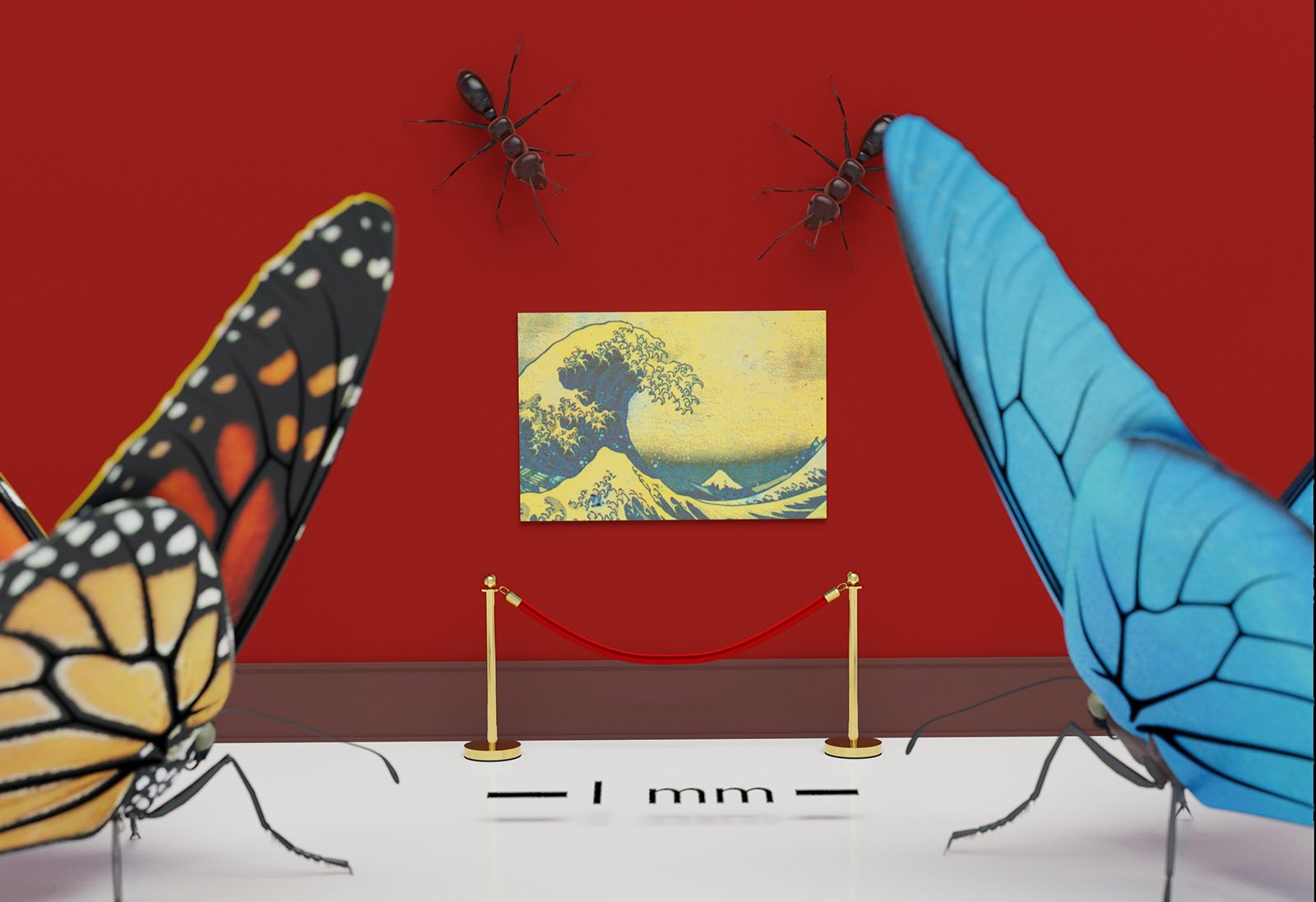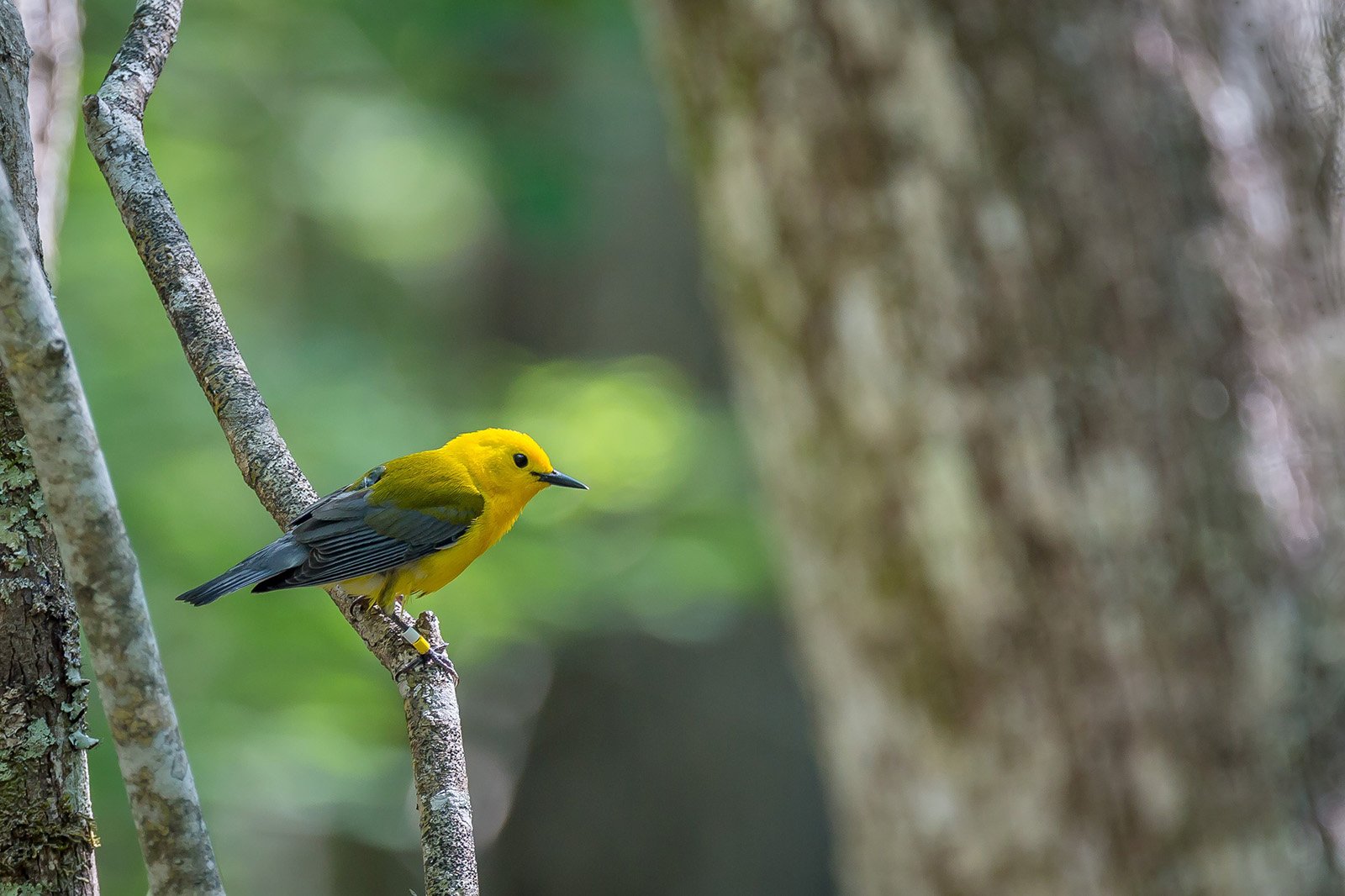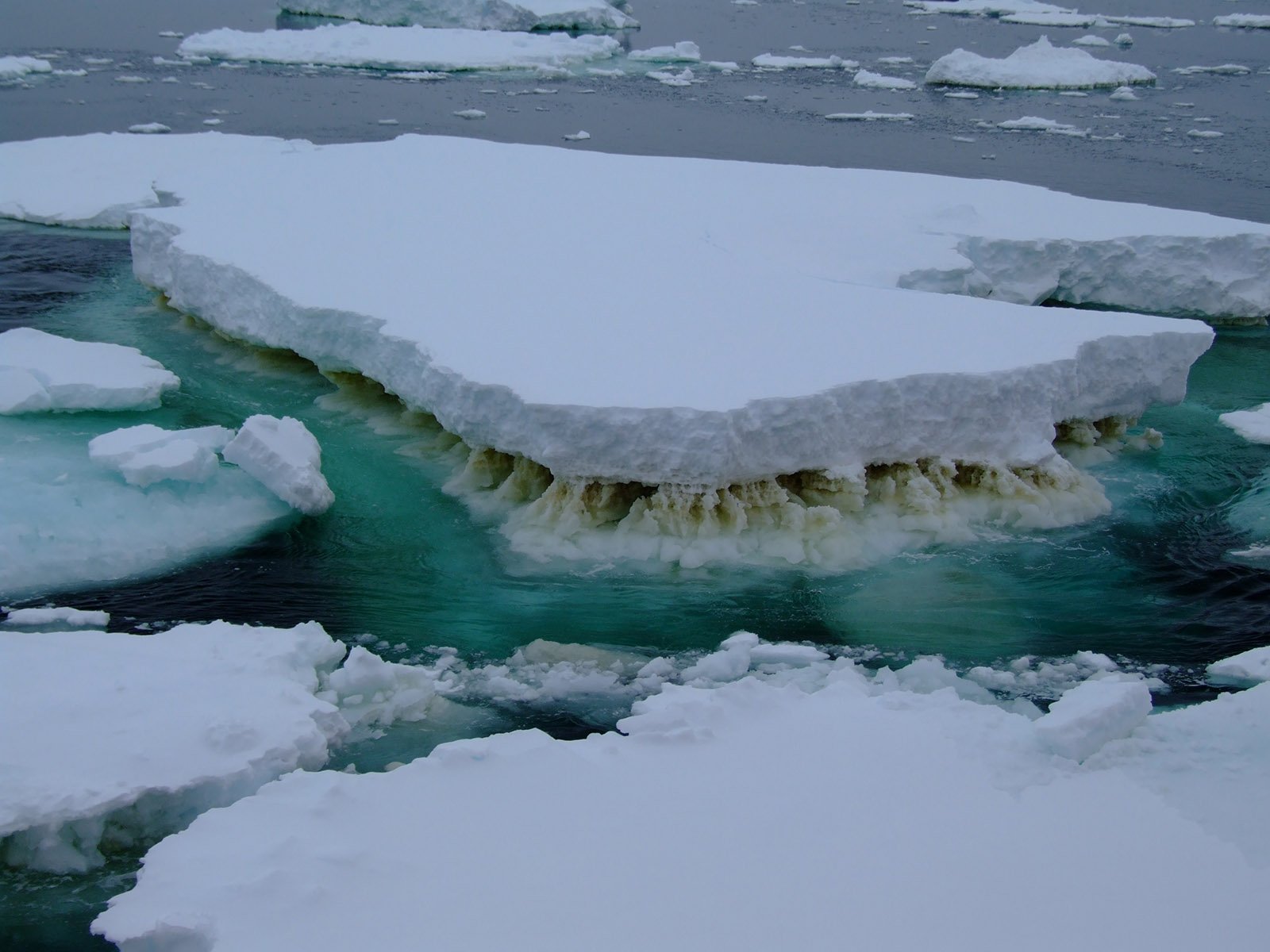When the dinosaurs died, lichens thrived
When an asteroid smacked into the Earth 66 million years ago, it triggered mass extinctions all over the planet. The most famous victims were the dinosaurs, but early birds, insects, and other life forms took a hit too. The collision caused clouds of ash to block the sun and cool the planet’s temperature, devastating plant … Read more
